When it comes to life changes, it doesn't get much bigger than having a baby. But with the excitement comes stress. In Episode Seven of Are We There Yet? Katy Gosset looks at coping with a new baby and what to do when you find you're not coping.
Subscribe free to Are We There Yet. On iPhones: iTunes, RadioPublic or Spotify. On Android phones: RadioPublic or Stitcher.
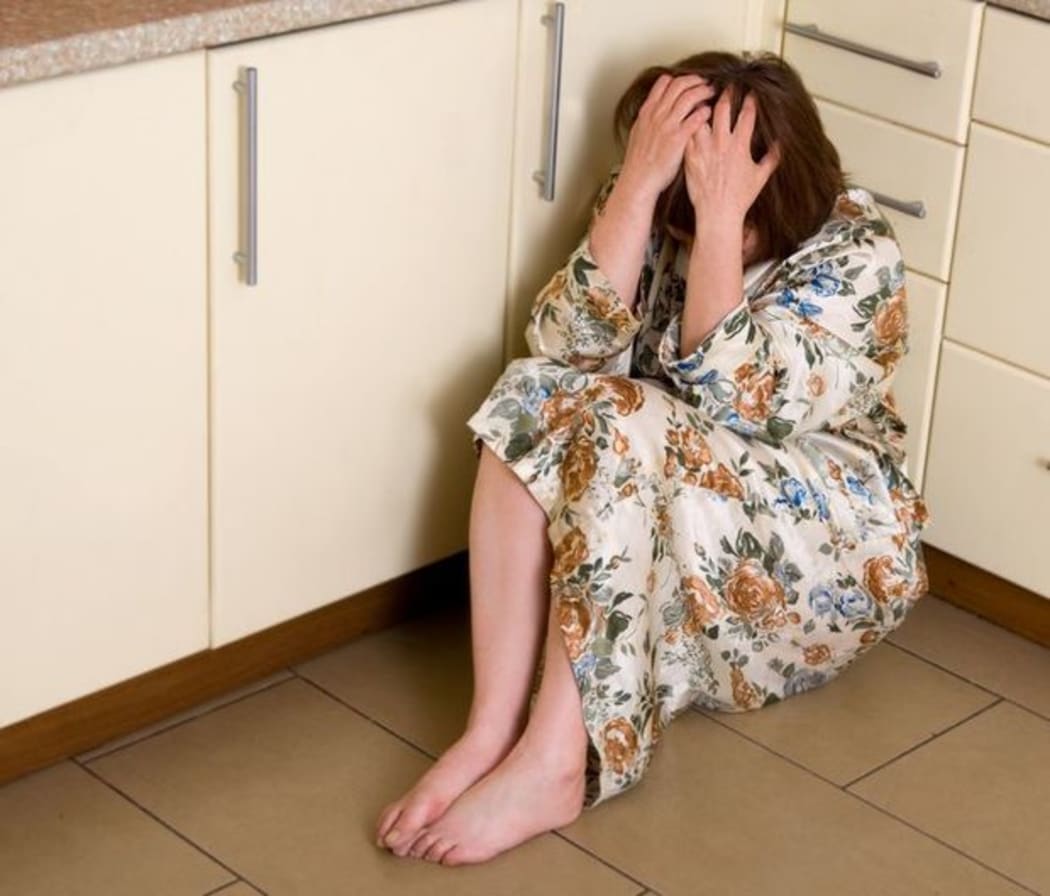
Photo: 123RF
When you're preparing for a baby, along with all the other information you get, there’s a thing called a “layette”.
It’s a funny word (it comes from the Old French term for a drawer) but, essentially, it’s a kind of checklist of all the clothes and accessories your new baby will need:
- Nappies
- Babygros
- Tiny woollen vests
- Muslin cloths ... etc etc,.. you get the picture
Shame no-one really tells you about that OTHER post-baby checklist:
- Sleep deprivation (leading to general exhaustion)
- Anxiety
- The sense that you haven’t a clue what you’re doing
- Did I mention exhaustion?
And so on …
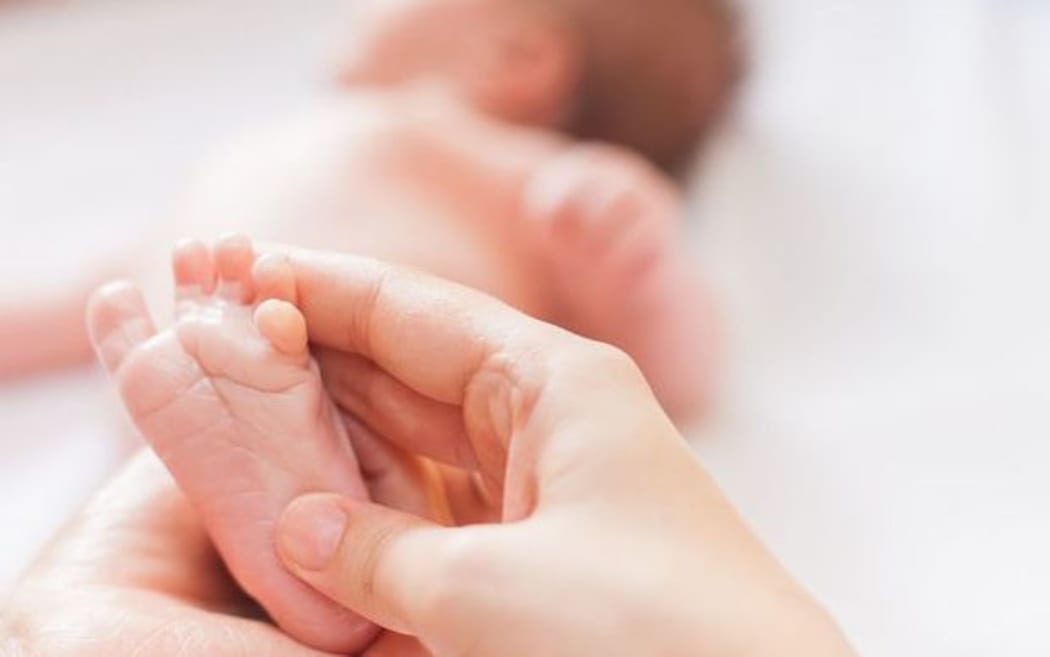
Photo: 123.rf
Obviously, you love your baby and it’s all very exciting but it is tiring and the sudden change to your lifestyle can come as a bit of shock.
“When baby arrived it was all sunshine and rainbows for the first few weeks and then reality hit and it all came crumbling down." – Mother of two
“The complete and utter change in your life is quite amazing and that's something you don't really get your head around until it happens." – Father of one
“Some people really love that young baby stage and I’m just a different person and that didn’t suit me.” – Mother of two
So coping with a new baby can be tough but what happens when we find that, actually, we’re not coping?
For one mother things came to a head when she won a $250 voucher in a prize draw.
"Normally you'd feel pretty excited, pretty stoked that you'd basically won $250 and I just a felt a little bit of surprise, a little bit of disbelief."
She realised that she was increasingly numb and was no longer really feeling emotions.
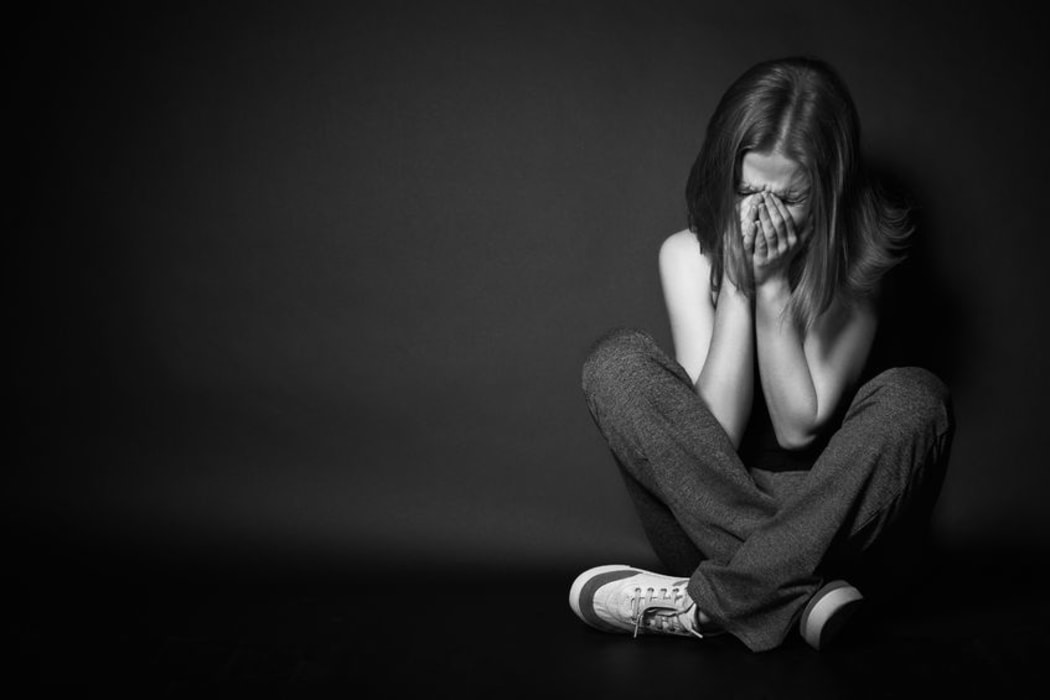
Photo: 123rf
It made her concerned that she might not be able to appreciate her child’s development.
“I thought to myself, how awful would it be if my daughter reached a milestone like rolling over and I just think to myself "Wow, Whoopee." I couldn't stand the thought of that."
It was at that point she decided to see a doctor.
“I did come across a list of symptoms of postnatal depression [and] I realised I actually fitted a lot of those symptoms which gave me a real shock."
She’d since discovered she was far from alone in feeling this way but was concerned that people don’t talk about it
“A lot of people don't feel comfortable to say it, basically, because there's a perception that you're failing, that you feel like you don't love your baby enough."
She believed new parents bottled their feelings up to avoid worrying others but said they should open up more to friends and family.
“I think it's so, so important that it is talked about."
"No Bigger Change"
For Catherine Gallagher, a clinical psychiatrist and mother, the anxiety many people feel when entering parenthood came as no surprise.
"There's probably no bigger change that's going to happen in someone’s life and so I think that we have to go into it with our eyes open."
Ms Gallagher worked with many clients who approached parenting with high hopes, only to be taken by surprise when the stress of it all hit home
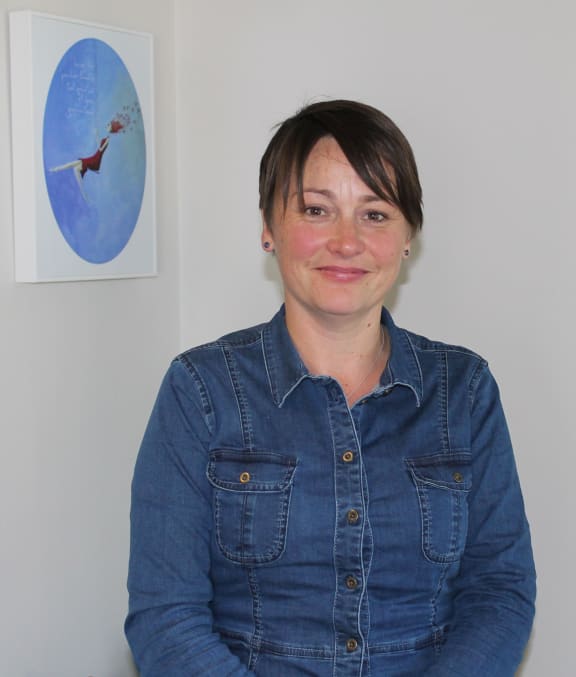
Catherine Gallagher Photo: RNZ / Katy Gosset
She said the pressure and the sense of responsibility often kicked in even before the baby was born.
"You need to keep this little human being alive and that begins in utero. What do we eat and drink? There's a lot of messages around how you're supposed to do this right."
Ms Gallagher said it was natural for parents to feel some concern about how they would handle their new role.
“Parenting has huge highs. This person is an extension of us. They’re beautiful, they’re love incarnate but there's also the potential for huge anxiety.”
And the notion of our children being an extension of us could have its own downside.
"That’s great if they look cute and sleep but if they're the biter or puker, you don't tend to want to shout that from the rooftops."
It's a time when people needed their friends and families to help out but sometimes those support networks didn't feel that supportive.
"Those odd comments, things that might have been water off a ducks’ back prior to being a mum, you suddenly go "What? What do they mean by that?" because you’re tired, you're sleep deprived."
She said well-meaning people tended to offer advice about what worked for their offspring but that was no guarantee it would work for another baby.
"So we end up twisting ourselves in knots. [because] even if the judgement is perceived as opposed to real, it feels real."
And she urged new mothers to find others who were going through the same thing.
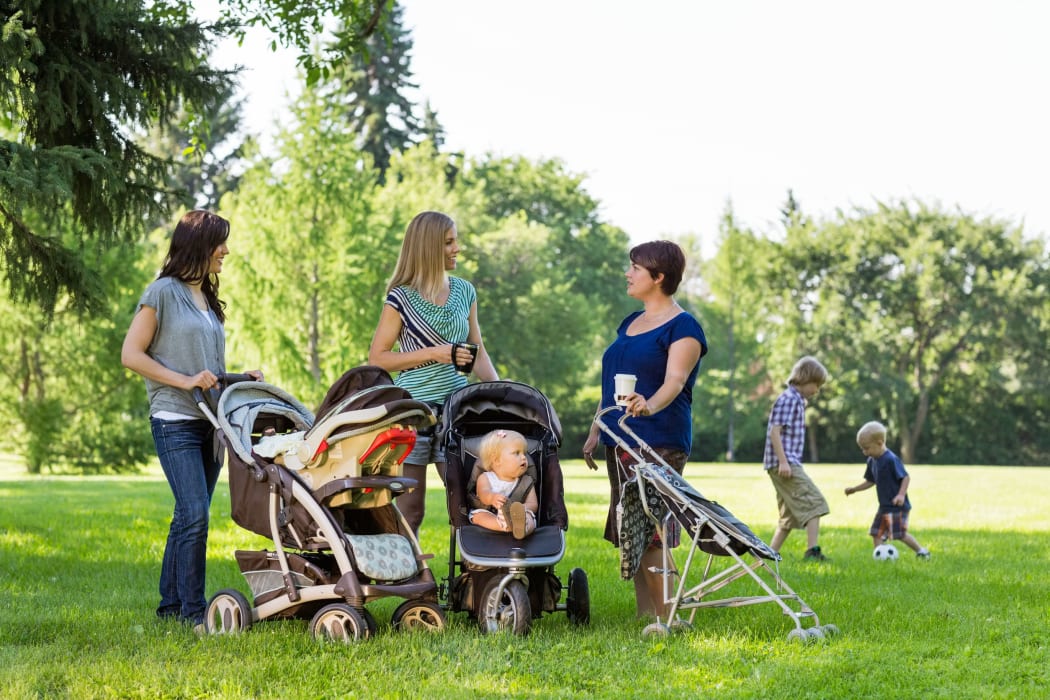
Photo: leaf/123RF
"As soon as you start being a bit open about this, sometimes the floodgates can open and people can feel like they've got permission to share the underbelly."
Ms Gallagher said new parents who already had some vulnerability around their mental health should be aware that such a major life change could be trigger fresh concerns and have some supports in place...
"I think the biggest thing to remember is that this stuff is normal, these pressures, these stresses are real."
And then there's the Baby Blues, a catch-all phrase that covered a range of emotional reactions after a baby was born.
Catherine Gallagher said it could allow people to articulate what they were feeling.
"That almost gives permission to feel a little bit overwhelmed by this stuff. That's great because in a lot of other areas of mental health and coping that's not the case."
However she cautioned it could mask more serious issues.
"People can be walking around with really significant postnatal depression or anxiety and everyone thinks "Oh it's just the Baby Blues - she'll get over it."
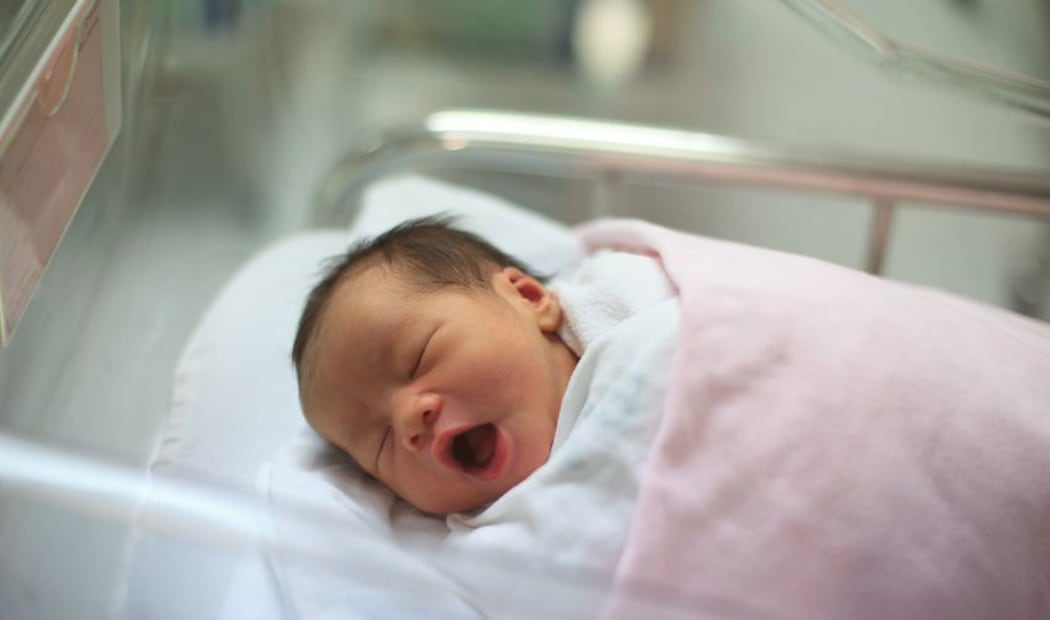
123rF Photo: 123rf
So that's when Catherine Gallagher suggests another kind of checklist:
If it's been two months since your baby was born and you're:
- still not sleeping
- cleaning in a frenzied way
- if you're feeling no energy
- or feeling no joy in your baby
- if you're finding it hard to concentrate ...
It might be worth a visit to your GP or another health professional.
And she said, if the symptoms persisted, over time a baby could learn to tell if his or her mother wasn't happy.
Ms Gallagher said it was normal to be cross with children sometimes or to occasionally feign interest in their activities.
But she said parents should be concerned if a pattern was forming.
"We all fake it sometimes and eventually make it. But if you're always faking it. If you're always just having to really struggle through the day, that starts to have an impact."
She warned that fathers could also get postnatal depression and both parents should try to prioritise their own needs such as sleep, exercise and some time out for relaxation.
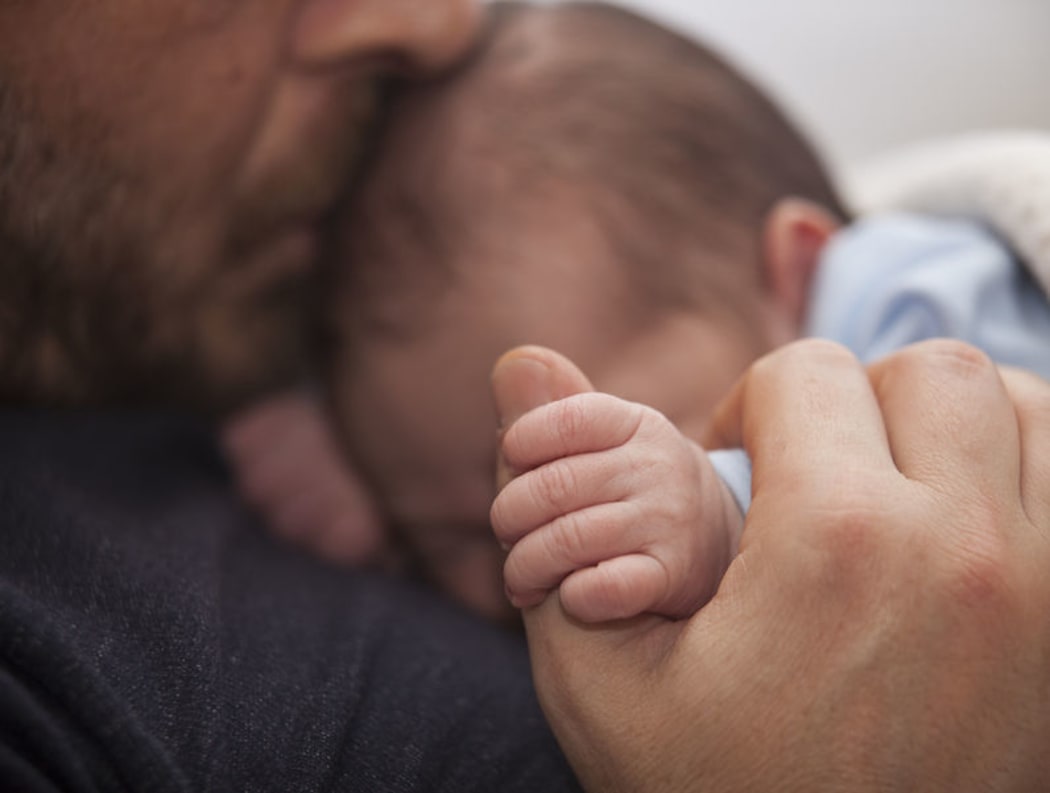
Photo: 123rf

Catherine Gallagher said it was important for parents to take their feelings seriously and ask for help to ensure they were in good shape to look after their children.
But she said both mothers and fathers should also show themselves some kindness and avoid needless self-criticism.
"Our kids don't expect us to be perfect, we do. So if we're doing our best, if we're giving lots of cuddles, if we're meeting those children's basic needs, our kids are going to be OK."
If you enjoy Are We There Yet ? you might like to listen to Great Ideas
Where to get help
- Need to Talk? Free call or text 1737 any time to speak to a trained counsellor, for any reason.
- Lifeline: 0800 543 354
- Suicide Crisis Helpline: 0508 828 865 / 0508 TAUTOKO (24/7). This is a service for people who may be thinking about suicide, or those who are concerned about family or friends.
- Depression Helpline: 0800 111 757 (24/7)
- Samaritans: 0800 726 666 (24/7)
- Youthline: 0800 376 633 (24/7) or free text 234 (8am-12am), or email talk@youthline.co.nz
- What's Up: Online chat (7pm-10pm) or 0800 WHATSUP / 0800 9428 787 children's helpline (1pm-10pm weekdays, 3pm-10pm weekends)
- Kidsline (ages 5-18): 0800 543 754 (24/7)
- Rural Support Trust Helpline: 0800 787 254
- Healthline: 0800 611 116
- Rainbow Youth: 09 376 4155
If it is an emergency and you feel like you or someone else is at risk, call 111.

